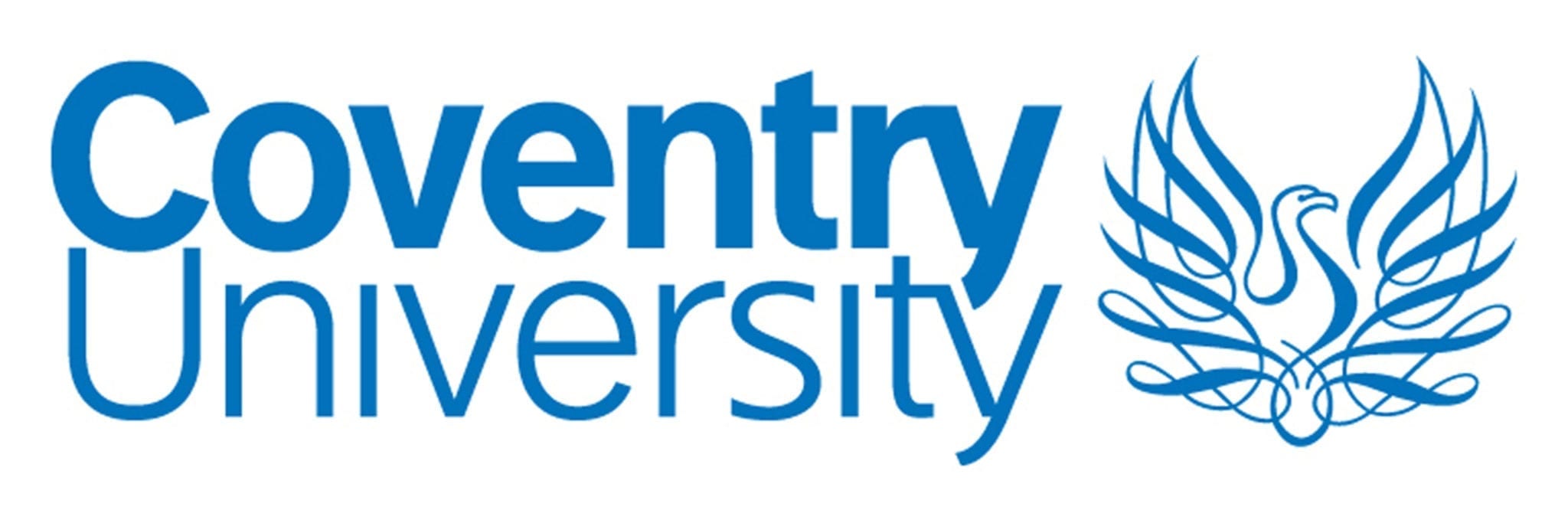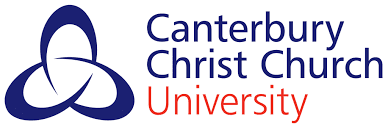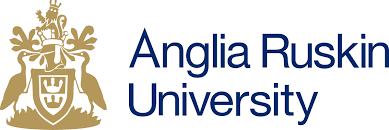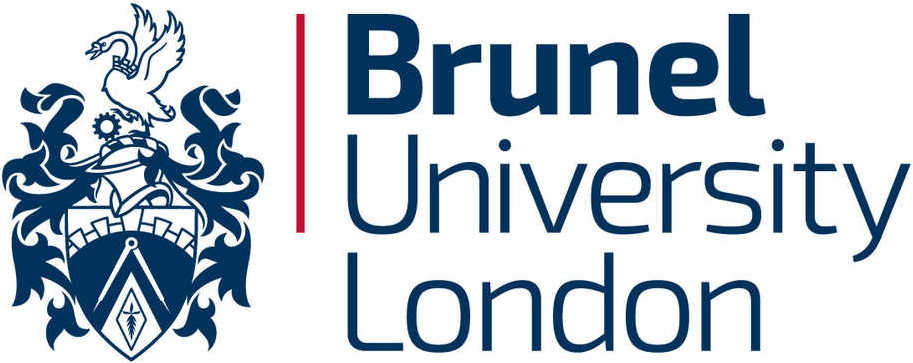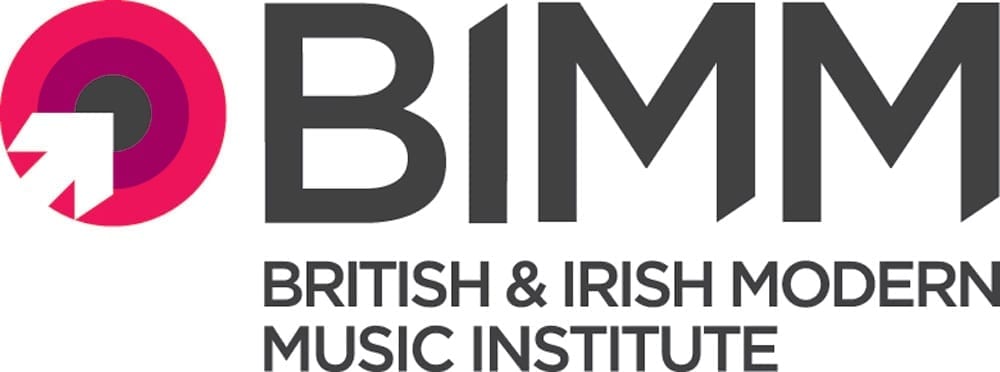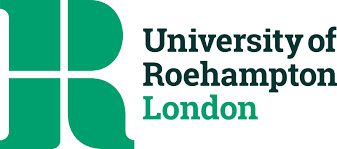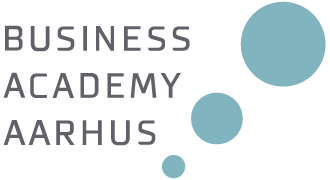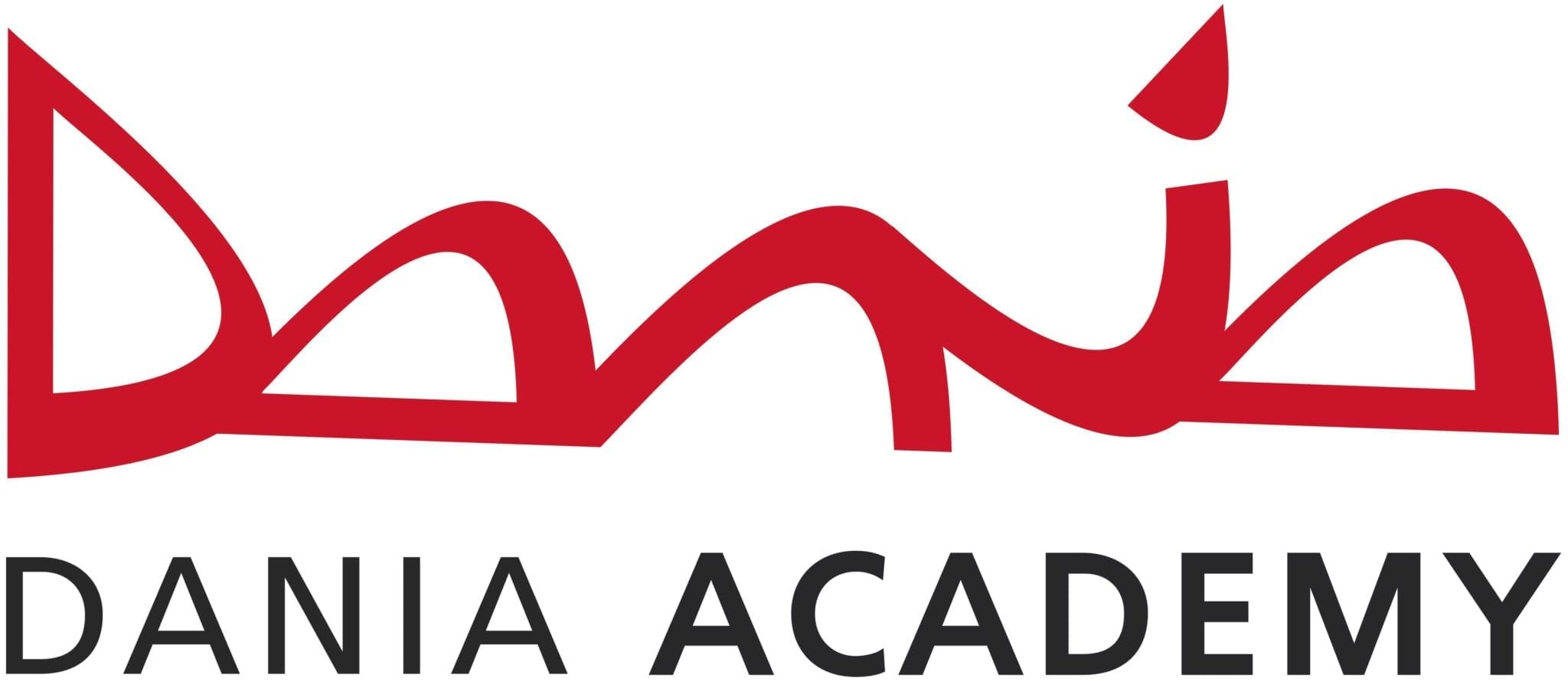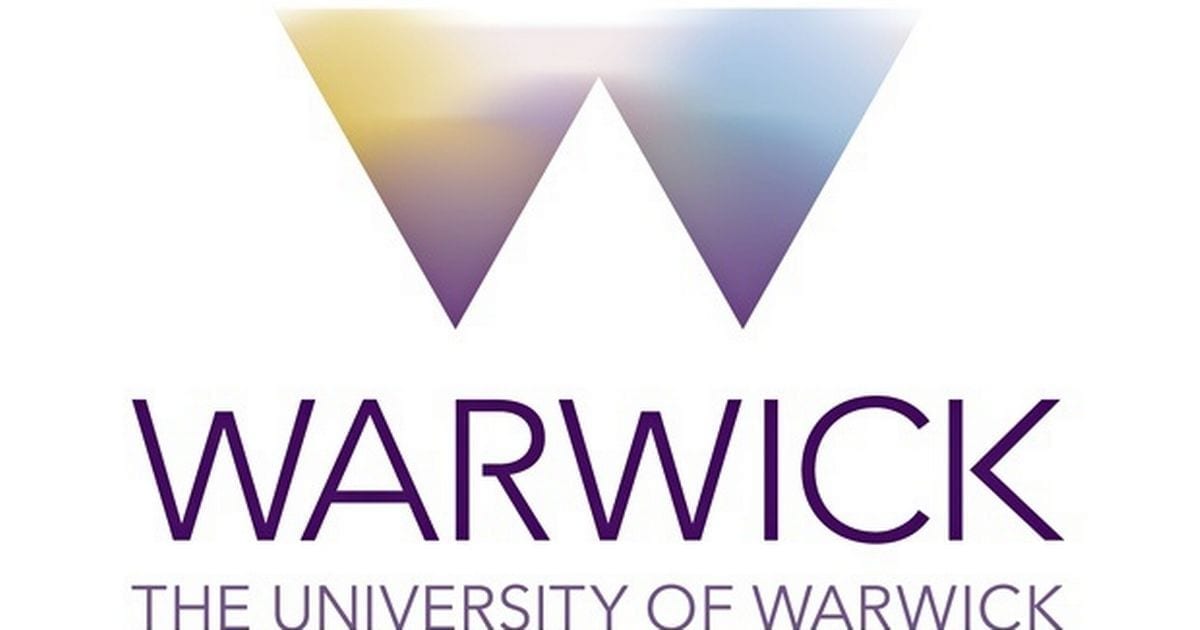

Study overseas Parents Info - facing some difficult decisions
Study overseas Parents Info – Studying abroad can be seen as an exciting adventure – normally the student’s view – or as an educational investment in the future – a parent’s perspective. Of course, both statements are true!
By the year 2021, the World Bank estimates that seven million young people will be attending universities outside their home country, and there are a number of good reasons for the growing tide of students applying to higher education institutions abroad.
Let us look at them, in brief:
Young people who study abroad for a month will earn 18 per cent more than their peers in their first job, and this differential only rises the longer they spend studying abroad. A recent study found that Polish students enjoy the highest wage premium from attending university abroad of all the European Union countries, and Goldman Recruitment estimates that their salaries eventually rise to 77 per cent more than those of their friends who chose to go to a Polish university.
Studying abroad significantly improves employment opportunities with both local and foreign companies. In addition, graduates from foreign universities get on the career ladder at a higher level than others in their age group.
The international friendships and networks formed at university will open doors for your child and significantly increase their employment options in a rapidly globalising world economy.
Employers look for cultural competence, good communication skills and rich life experiences. These abilities come from living abroad and studying with people from different backgrounds and traditions, developing flexibility and an international perspective.
Your son or daughter will learn how to manage their own life, how to organise their time and daily responsibilities, how to deal with money, new ideas and meeting people from many backgrounds. Their confidence will grow as they become truly independent and discover how to cope with stress, shopping, deadlines and moments of self-doubt. In short, they will bloom. Their confidence will grow and expand – along with their knowledge, understanding and skills.
Communication and language skills will be greatly improved by studying abroad and, over four years, your son or daughter will gain a linguistic fluency which cannot be learned through self-help textbooks and tutors.
The UK, USA, The Netherlands and Denmark – among others – focus on practical learning, not theoretical cramming for examinations. Your child will put academic theory into practice and have the opportunity to take up industry-supported work placements, a range of internships, exchange programs or even spend a year in another country – for example, working on international engineering or research projects, or polishing their language skills in a native setting. Of course, these types of experiences will also greatly improve their CV’s and make them sought-after employees in a highly competitive job market.
Study overseas Parents Info : Researchers tend to see young people as “human capital”, something to invest in, while we as parents want our children to be happy, healthy and have an amazing, fulfilling future. Studying abroad ticks both boxes, since it will enrich our children’s lives and develop their abilities, while also giving them all the advantages they need to do well in a testing world.


Study abroad with Elab - shortlisted for best agency in Europe.
Contact Elab to book a consultation.
Frequently Asked Questions
See below for Frequently Asked Questions
Frequently Asked Questions for USA
Applying to study in the USA is a complex process and you need to ensure that you meet a number of conditions prior to embarking on filling in the application. The procedures differ depending on whether you are interested in an undergraduate or a postgraduate course.
If it is the former, and you are interested in an undergraduate course, then you must pass the SAT/ACT and TOEFL/IELTS – which determines your level of English. Once this is done, you have to supply one or more references and write one or more personal essays – depending on the requirements of the university in question.
A number of universities will also demand supplementary writing, for example an essay. In order to discover precisely what is mandatory, you need to log on to the Common Application website, the official platform for studying in the USA. Unfortunately, however, a number of universities have their own application systems and are not included in Common Application.
The process is slightly different for postgraduate applications. You will have to provide transcripts of your undergraduate marks and assessments (and, in the case of many universities, a breakdown of the course you followed) which will be used to generate your grade point average (GPA). You will also need to sit the GRE examination – for science courses; the GMAT – for business or economics courses; LSAT- for law courses; or MCAT if you wish to study medicine. In addition, you will need to provide one or two – or more –references. Finally, both undergraduate and postgraduate applicants will have to attend an interview.
No. A number of universities, for the most part state universities, but also respected institutions such as NYU, will accept the Polish matura. Decisions are made on an individual basis, after the university has been in contact with the applicant, since there is no unanimous view on whether or not the matura meets the application criteria.
At present SAT examination marks range from 400-1600. Ivy League universities expect applicants to get 1550 marks in the SAT, but many other, albeit lesser, universities will consider candidates who have scored in the region of 1100 marks. Bear in mind that the SAT is not the only criterion which will determine whether or not your application will be accepted.
The best choice is without a doubt the TOEFL test – although a number of universities will accept IELTS.
Studying in the USA is not particularly cheap, with average tuition fees clocking up in the region of $50,000 a year. The better the university the higher the fees, logically enough – but also, the higher the bursaries. In addition living expenses are not minimal and you have to budget for approximately $20,000 a year to cover your living expenses, i.e. rent, food and travel.
The possibilities of receiving financial aid are limited for foreign students. Your best option is to apply for a need-blind scholarship. You can apply for this once you have been offered a place, and the sum you receive will cover most if not all of your tuition fees.
Unfortunately these scholarships tend to be offered by the world’s best universities, and foreign students are not necessarily eligible. Thus, if you wish to apply for this financial support, first of all, you must be accepted onto a course in one of these outstanding universities. Another option is to apply for a need based scholarship, which has to be done at the time you are submitting your application.
The needs in question can be either social or merit based, but the money you could receive will only cover a percentage of your costs, and you will have to cover the rest yourself.
Remember that the cost of studying at a public university in the USA is significantly lower – but foreign students rarely receive scholarships at these institutions.
Frequently Asked Questions for UK
Applications for undergraduate courses are made through the UCAS system, which also applies to universities in Wales and Scotland. UCAS allows you to submit applications to five universities.
If you wish to apply for a Master’s degree course, then you must contact the university of your choice directly.
This depends on the course which you wish to study. All applications to music colleges have to be submitted by 1 October, while applications for medicine, dentistry, veterinary science and Oxford and Cambridge need to be in by 15 October – whereas all other courses have a cut-off point of 15 January.
Certain art and design courses accept applications until 24 March, and a number of universities have a second round of admissions after 15 January, which lasts until 30 June.
Applications for most Masters’ courses are accepted all year round – bar at the best universities. Contact Elab for further information.
The Matura is accepted by all universities in Great Britain. However you cannot apply to study medicine at Imperial College, London, University College London, the University of Birmingham, St George’s University of London or Queen Mary University of London
Yes. Apart from the Russell Group of universities, all the others accept applications up to 30 June.
How many courses and universities can I apply to through UCAS?
The maximum number of universities you can apply to is five. It is wiser to apply for only one course, since you can only upload one personal statement to the system, along with one reference.
Most courses last for three years. However, if you do an exchange year abroad, at a European or worldwide academic institution, or choose a placement year, then the course will normally take four years.
Courses such as engineering offer you the option of doing an Integrated Master’s Degree; therefore, you will study for four years. Entry requirements are normally higher for the IMD than for other degree courses. A number of British universities run four-year first degree courses.
In general Master’s degree courses take one year in the UK.
How many extended subjects must I pass at matura?
The best universities expect three subjects, whereas many others will accept two or even one subject.
Applications to Oxbridge must be submitted through UCAS by 15 October. In addition, you may be required to pass an entry examination –for example, TSA, HAT, MLAT, PAT, and MAT- and to submit one or more essays by 10 November.
Both universities place great emphasis on the interview, so if you receive an interview invitation in the latter part of October, this indicates that you are being considered for a place. Interviews normally take place in December and you will receive a response by the end of January.
In addition, the University of Cambridge requires applicants to fill in a Supplementary Application Questionnaire by 20-21 October, accompanied by three additional essays, and notarised translations of your assessments and examination results from secondary school.
All applicants to study medicine must sit the UCAT or BMAT – or both –depending on the university to which they are applying. A number of universities require the LNAT if you wish to study law. Oxford and Cambridge Universities – as well as Imperial and University College London, depending on the course – require candidates to sit one of the following entry tests: the MLAT, TSA, PAT, MAT, HAT etc.
The following universities all require candidates to sit the BMAT: Brighton and Sussex Medical School, Imperial College, London, Lancaster University, UCL, University of Cambridge, University of Leeds, University of Oxford.
In addition to the standard requirements, candidates of art and design are asked to submit a portfolio and are very often invited to attend an interview.
IELTS, since it is accepted by every British university.
You do need to send an IELTS certificate along with your application form to UCAS. Universities differ in the grades they demand and this will be conveyed to you in your conditional offer. You can sit the test at any time – but no later than the beginning of July, since you must forward the results to your chosen university by 31 July of the year you wish to start studying.
A sandwich year usually takes place in the third year of your course. You can opt for a placement year, which involves working in a field related to your course of studies, in order to get experience.
You will be paid while on placement and the students’ union of your university will help you find the right placement. Alternatively, you can choose to go on an exchange program to another university. Your course will last a full four years, should you decide on either option, but it is important to note that placements are normally organised for the final year – and this greatly increases your chances of securing work as soon as you finish your studies.
Sandwich year options are more often open to students of business and engineering. They are very popular and highly over-subscribed, so if competition is fierce, you may well be offered the three-year course instead of the four-year course by the university to which you have applied.
A foundation year is often required by universities which run courses on art and design or medicine and is designed to check the level of the applicant’s commitment to studying in the UK. Many foundation year courses are not open to candidates from the EU.
Applicants who have not managed to meet the requirements demanded by their preferred university could benefit from studying a foundation course, particularly if they are keen on attending a specific academic institution.
There is strong competition for places to study medicine in the UK and it is unlikely that your application will be successful, since most universities do not accept candidates who are resitting the matura. Those which do are limited in number. Contact Elab for further information.
You need to begin by opening a UCAS account, which asks you for personal and contact details, and then meticulously fill in each section of the UCAS application form, paying particular attention to the Education section, where you put in the name of your school, the subjects you are studying for your matura and the results of any entrance tests you have sat. This applies to law and medicine courses and the following universities: the University of Cambridge, Imperial College, London and the University of Oxford. Another important section is the one where you write in your personal statement. When you are supplying a reference, make sure that you choose a referee who knows you well and will provide you with a strong, supportive reference.
When it comes to medicine, once your UCAS forms have been sent, it is worth emailing scans and translations of your qualifications to the admissions offices of the universities you have applied to through UCAS. It would also be helpful if your referee sent an email directly to the admissions offices, from his or her personal email address, containing a translation of the course content of your studies in biology and chemistry.
It is best to ask a teacher to supply the reference; specifically, whoever is teaching the subject – or an allied subject – which you are applying to study at university. Thus, if you intend to apply for a physics course, ask your physics tutor to be your referee; if you applying to study medicine, ask you biology or chemistry teacher to write your reference.
UCAS recommends that, taken together, both documents should not exceed 4000 characters.
The one-off fee is £24.If, therefore, your forms are returned and need to be changed, you will not be charged a second time.
You can use your own, your parents’ or a family member’s credit card to pay.
The maximum number of years is four, namely the usual three -year undergraduate program, or the undergraduate program and a sandwich year.
Tuition fees are also covered if you decide to do a one-year Master’s degree, for example MEng.
No, the loan only applies to individuals who have not gained a first degree in any other country.
I have been studying for a degree in Poland and want to discontinue in the first/second year
Yes, as long as you have not finished your degree course, in any country in the world, you are eligible.
You will pay it back on exactly the same terms as someone who has continued studying for the entire three or four years – although, of course, the amount you will need to repay will be substantially smaller.
You will need to start repayments a year after you leave university if your wages meet the threshold for repayment.
Yes. Universities can give out bursaries to their students. The parental income threshold and eligibility criteria vary from one institution to another, but as a general rule, the less your parents earn, the more likely you are to receive a bursary.
Yes. Virtually every British university offers some form of financial assistance, in terms of scholarships, to its students. These range from £1000-£1500 and are normally set against tuition fees or paid into a scholarship account.
The scholarships are usually subject-specific, i.e. music scholarships, medical scholarships, scholarships for gender studies etc.
The deadlines normally fall in April/May, before the matura examinations, but information is usually sent out to potential applicants by the universities far earlier.
You will start paying loans and grants back one year after finishing your studies, if your earnings reach £17,495 a year, for UK students – the threshold is set individually for each country, so for example Polish students must earn more than £7005 p.a. to reach it.
Once your earnings are above the threshold, you pay back 9 per cent of the difference between the £17,495 and what you actually earn, spread out over 12 monthly payments. If health or personal reasons prevent you from ever earning sufficient sums, the debt is wiped out after 30 years.
EU students who are starting their degree course in 2020 can apply to the British government for a tuition fee student loan and a grant for living expenses. The tuition fee loan is £9250per year and all EU citizens are eligible. To get help with living expenses, EU students have to have worked and paid taxes for a minimum of three months before submitting an application.
It is therefore important to enter the UK by 1 September and take up a job so that, three months later, you can gain the status of EU migrant worker. You will need to keep working for 15-20 hours a week once you have applied for financial help and to stress, when interviewed, that you are as committed to the job as to your studies.
The annual sum you can get is in the region of £9000 per year – in London – depending on where you are studying, and it will be paid back in the same way as tuition fees, using the same thresholds and timescales.
Enormously. Rent is twice as expensive in London, where you have to budget in the region of £1200 per month to live, whereas the figure drops substantially in Edinburgh (£600) and Swansea, Wales (£650).
In 2020, a Master’s course will cost from £6000-£25000 per year, depending on where you wish to study and what course you are interested in taking. Check each individual university’s website to get accurate, up to date information.
In England, tuition fees are £9250 per year for domestic students. The same is true of Wales, but the Welsh government pays £5190 out of its own budget – a sum which you do not have to repay.
In Scotland, tuition fees are £1820 per year, but you can apply for a grant, which effectively means that you can study for free.
NB: private universities can have far higher fees, up to £1800 per year, so make sure you have all the facts at your disposal before enrolling.
The best universities require three subjects, whereas Oxford and Cambridge Universities accept two and a number of other universities even accept a single subject – they are worth considering as a fallback position.
Frequently Asked Questions for Denmark
This is the central admissions system, which opens at the beginning of February and closes on 15 March. You have to upload all the required documents to the system, and then print off the Signature Page, which you sign, scan and send off to the university which you wish to attend.
In order to apply to study in Denmark you will need to scan:
- your certificates,
- a chart of the hours you have studied,
- confirmation of the English language examination you have passed and the result,
- and evidence of your identity or your passport.
A number of universities will also request: - Personal Statement,
- references,
- CV
- Verification Form.
During the application process, an Elab Consultant will let you know exactly what documents you need to provide.
Yes, you do. You can apply for the right of abode at the town hall or city hall. You will need to supply the following documents:
- An acceptance letter from the academic institution where you will be studying
- ID
- Two photographs
- Two submission forms requesting the right of abode
It normally takes under a month to receive an answer to your request. In the first instance, you will be allowed to stay in Denmark for three years, but you can extend this. Once you have had a positive response, you will be given a CPR number, which is equivalent to the Polish PESEL, and which you will need in order to: work, get a telephone number, seek medical help, sign up for a free course in Danish or apply for a debit card.
The acceptance letter will also include a yellow card which you will need to show to see a doctor or to obtain any form of medical services. Make sure you do not lose it…
SU is a social grant which is given to every student as long as they:
- have a CPR number which confirms their right of abode
- are following a course of studies
- are working legally for a minimum of 43 hours a month
- have a Danish bank account.
SU is, on average, around 5500 DKK, gross –i.e. before any deductions.
Once you have started working, apply to the SU office in your university, whose Consultants will help you.
A month after starting work, you will be given a certificate which confirms your place of employment and the number of hours you are working – you need to pass this on to your SU Consultant, along with a copy of your employment contract.
You should receive your first SU payment two months after you start your job.
Applications can be submitted from 1 February to 15 March, until 12 am, if you wish to start studying during the winter term, and until 10 October if you are applying to start in the summer term.
Undergraduate studies are divided into two stages:
First of all, students gain an AP degree which takes 2-2.5 years.
Once this has been achieved, they can carry on and do a Top-Up Bachelor degree course which lasts from 18 months to two years and is normally a simple continuation of the AP degree, although a number of universities allow Polish students to apply after they have finished two years of their degree course.
Is the Polish matura an important element of the application process?
Danish universities accept the Polish matura, but they pay more attention to the number of hours you have spent at school studying the subject you are interested in applying to do at university.
You can apply to a maximum of eight courses/universities.
Yes, you have to pass an entry exam to establish your knowledge of English, but this can be done online, or in Elab’s offices.
You will not pay a fee. The service is free.
You cannot study medicine in English.
Higher education is free in Denmark.
The cost of living is substantially higher in Denmark than in Poland, but you must remember that Danish wages are also much higher.
The average hourly rate for a job in a restaurant, retail sales or cleaning is 110 DKK, although it may take you months to find work.
It would be in your best interests to make sure that you have parental financial support when you first arrive in Denmark – to the tune of 3000 zł, for example – to help you through the first few weeks or months.
In Denmark, the majority of students live in student halls of residence, since these are reasonably priced, located in convenient neighbourhoods and allow people to integrate within the student community.
You could live in a studio with a communal kitchen and private bathroom or choose a larger space, such as a two or three-roomed apartment. Student accommodation is refreshed each time a tenant leaves so you will move into a clean, updated environment. Be aware, however, that not all accommodation is furnished and you may also need to supply your own kitchen equipment.
Many student buildings include a bar, a sauna or a swimming pool.
This is the Danish equivalent of the Polish PESEL, and you will need to quote your CPR whenever you want to apply for work, see a doctor, submit an official form…and so on.
Frequently Asked Questions for The Netherlands
Four – but you are free to change your choices until the application deadline has expired.
The Universities of Applied Studies offer practical courses in a specific technical area. The undergraduate courses last for four years, and a Master’s degree takes two years.
Five years at research universities. This is made up of three years to gain your first degree (BA,BSc) and 1-2 years for a Master’s degree.
Six years at Universities of Applied Science. This is made up of four years to gain your first degree and an additional 1-2 years for a Master’s degree.
Dutch universities do not focus on the matura to a great extent but are far more interested in the number of school hours you have spent studying the subject you are applying to pursue at university.
Yes. You can choose between sitting IELTS (6-6.5), TOEFL (80+) or CAE (C).
Most universities charge in the region of 2000 Euros a year. Tuition fees vary between 1951 and 3750 Euros, depending on the university.
Yes, you can apply for a grant or a loan if you are a full-time student in Holland. Your university will provide you with information and assistance.
The annual cost of tuition in Holland is in the region of 2000 Euros. Tuition fees vary, and range from 1951-3750 Euros a year.
Grants are paid in instalments and you will start repayments once you have graduated.
Yes, if you intend to study for more than three months, you must register with the local town hall and apply for a BNS number, which is also known as a SOFI – and is the equivalent of the Polish PESEL.
You will need this for job applications, all administrative matters and to open a bank account etc.
All EU citizens are entitled to apply for the Collegegeldkrediet, which is a loan to cover tuition fees. There are three conditions which need to be met:
- You must be under 30
- You must have a Dutch bank account
- You need to have a BNS
This loan is normally paid monthly on the 21st and the interest you must pay is currently 0.0 per cent, or zero! Some universities, however, expect to receive their fees upfront.
You can apply for the loan once you have received a confirmed offer of a place at a Dutch university, and up to 31 January in that academic year.
Repayments start two years after you have completed your studies and you will have 15 years to pay off the loan. The Dutch government does not write tuition fees off, and you will have to make repayments even if you leave Holland or do not finish your course.
The minimum monthly repayment, as of 2020, is 45.41 Euros
Yes. You can apply for the Studiefinanciering grant if you meet a number of conditions:
- You work in a registered job.
- You register for income tax and national insurance – even though you will not pay these, as a student.
- You work at least 56 hours a month, 12 months a year. Note that this stipulation will make it virtually impossible to indulge in a long summer break!
You can apply for the grant three months after you have started work, and have amassed the wages slips to prove your hours and who you are working for and where. Claims are not backdated, so you will have to ensure that you have enough money to survive these three months before you apply for financial help.
Everyone who works in Holland must have Dutch health insurance, which costs approximately 90 Euros a month – 70 of which will be refunded to students.
If you apply for Studiefinanciering and Collegegeldkrediet, it is important to note that the sums you receive will make up a single payment package.
There are very few scholarships on offer in Holland.
Average costs, which vary from city to city, are around the 1000 Euros a month mark. This figure includes accommodation, food, entertainment, course resources, clothes etc.
To cut back on travel costs, students invariably buy bicycles! Rent is the most expensive component of your budget, and costs from 350-800 Euros a month, depending on whether you are sharing accommodation or not.
Glossary - some useful terms and definitions
Parents naturally want to help and support their children when they are applying to study abroad , and this short glossary provides the most commonly used terminology and acronyms involved in the application process and studying at university abroad.
The glossary is organised alphabetically, so you can follow the process from Personal Statement to Freshman’s Week hand in hand with your son or daughter!
American university entrance test accepted as an alternative to SAT
A system run by UCAS, which matches available university places with applicants who have either turned down all the offers they received or failed to achieve the right grades. Clearing opens at the beginning of July and runs until mid-October.
The offer of a university place which depends on getting the exam results the university requires.
Someone who has just begun their undergraduate studies.
Usually held at the end of September, Freshers’ Week is a great opportunity to find out what the university offers and make lots of new friends. New arrivals can attend a freshers’ fair and sign up for clubs and societies, go to social events, welcome talks, tours of the campus and registration meetings. Recommended by Elab!
The official accommodation run by the university, made up of rooms or flats which can be rented during term time, typically for freshers/first years only.
A widely-accepted test of English language proficiency. Applicants should aim to score 6.5 or above .
Internships are a form of work experience, and can last from a month to a year. Most students take up intern positions during their holidays, not term time. Useful for work experience and applications to the best universities in the world.
The eight most prestigious and highly academic US universities, known for their outstanding teaching and groundbreaking research.
The multiple mini-interview , which consists of a circuit made up of short, eight minute ,tasks or interviews. MMIs are particularly common in applications for law, nursing, teaching and medicine.
The Danish central admissions system.
A commonly used term to describe Oxford and Cambridge Universities.
A 4000 character statement, explaining why you are applying for a particular course, your experience and interests and what you can offer.
Work experience which forms part of a degree course, and is carried out in term time.
A collection of academic work which illustrates the applicant’s skills and interests, and is often required by Art and Design departments. Portfolios should contain a wide variety of materials and a range of media.
Receive And Give week. A time when undergraduates collect money for charities, by organising events and asking passerby for contributions – often in fancy dress. Great fun for students!
Universities in Denmark and the Netherlands , which offer three-year degree courses, and have a traditional approach to learning and research.
A grouping of 24 top UK public research universities , which offer excellent teaching and have close links with business and industry.
A four-year degree course, which gives students a year’s practical experience in their field of study partway through the course.
The Scholastic Aptitude Test, an entrance exam which is required by the majority of US universities. Marks required depend on the particular university.
A small university class, which meets regularly to cover and discuss specific subjects.
The central admissions system of the Netherlands.
TOEFL is a widely-accepted qualification which demonstrates levels of English language proficiency. The majority of universities expect applicants to score 100 and upwards in the test.
UCAS’ online tracking system, which acts as a link between the universities and the applicant. Track lets you know how your applications are progressing, conveys offers and replies and passes on messages.
Tutorials consist of 1-1 or small group meetings with a tutor, to discuss progress , lectures and course content. At Cambridge University tutorials are known as supervisions. Both Cambridge and Oxford have a tutorial-based teaching model.
The University and College Admission Service. The UK central university admissions system.
Applicants who do not receive any offers from their five chosen universities can apply through Extra from the end of February to the beginning of July, adding one additional university at a time.
Located in the Netherlands and Denmark, these universities offer highly practical four-year degree courses shaped by the needs of industry and business.
Unconditional offer…An unconditional university offer means that the applicant has a guaranteed place, which is not dependent on examination results.
An unconditional university offer means that the applicant has a guaranteed place, which is not dependent on examination results.
Study overseas Parents info
Would you like to ask us something else? Contact one of our consultant by clicking here .
Upcoming Events
Upcoming Education Events


Upcoming Educational Events
You can see all past and upcoming events in the calendar.
ELAB clients have accepted places at universities such as: Oxford University, Cambridge University, Harvard, Bocconi, UCL, King’s College, La Sapienza University of Rome, University of Pennsylvania, New York University, Boston University, Sciences Po, London Business School, LSE, Delft University, St. Andrews, Melbourne University, Rotterdam Business School and at many, many others.
We are partnered with more than 90 prestigious higher education institutions across the world
Schedule a call
Call us and see how we can help your child get into a top university.


